Feel Better, Do More, Repeat.
A personal approach to Physical Therapy
Sarah Droessler, PT,MPT,CMTPT
Sarah is an experienced physical therapist specializing in the treatment of pelvic health and orthopedic issues for women and men of all ages. With patient-centered focus and expertise in numerous treatment modalities, Sarah provides individualized treatment plans for your specific lifestyle goals in a relaxed environment.

Pelvic health can be a sensitive topic, but many issues are more common than you may think.
We Can Help!
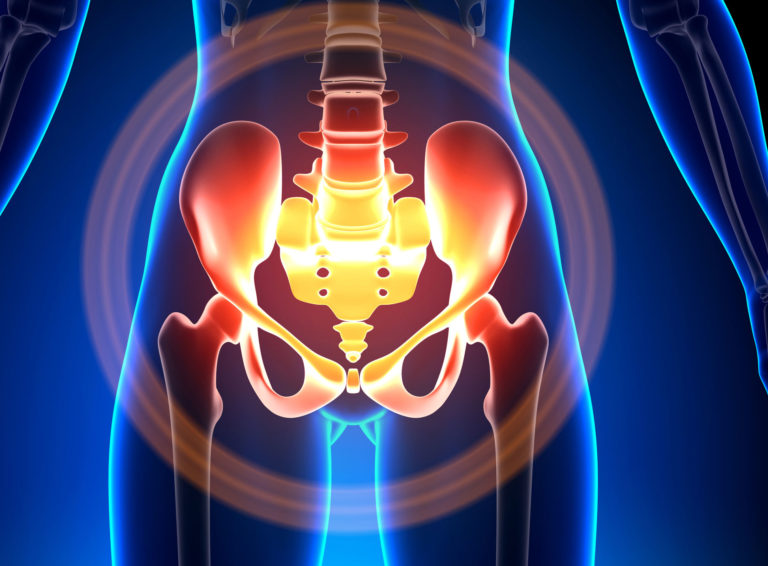
Pelvic Pain
Discomfort around the pelvic girdle including the lower abdomen, saddle region, painful intercourse, hips and lower spine. Causes can include: Pelvic inflammatory disease, Dysmenorrhea, Endometriosis, Dysmenorrhea, Dyspareunia, vaginismus, vulvodynia.

Urinary Incontinence
Urine loss can be a combination of stress incontinence, urge incontinence or mixed incontinence. Loss of a few drops or the entire bladder can occur during exercise, straining, sneezing, laughing, or sit/stand movements.
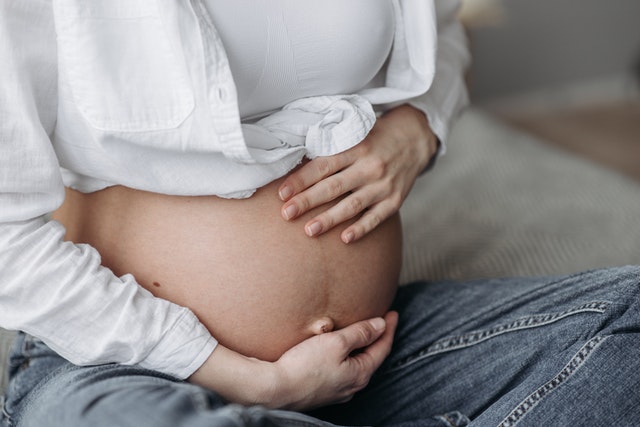
Pain During Pregnancy
As the uterus grows, the change in center of gravity can often cause strain on muscles and abdominal wall weakness can lead to instability. Pregnancy can cause pain in many areas the body: low back, upper back, hip, sciatic pain, sacroiliac joint pain, urinary incontinence, diastasis recti, and carpal tunnel symptoms.

Postpartum Care
A variety of issues can occur for some women after pregnancy including, pain with intercourse, separation of pubic bone, Epidural site pain, Coccyx pain, scar pain from an Episiotomy or Cesarean section, and abdominal muscle separation.
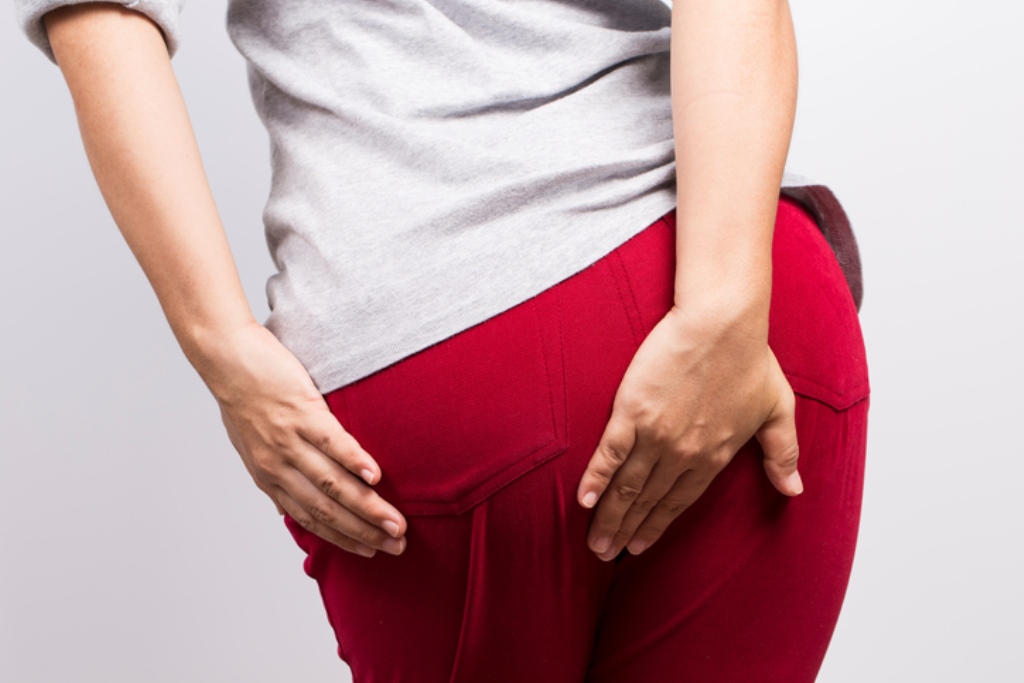
Bowel Dysfunction
Includes fecal incontinence, constipation, pelvic floor dysfunction, irritable bowel symptoms and pain with bowel movements.
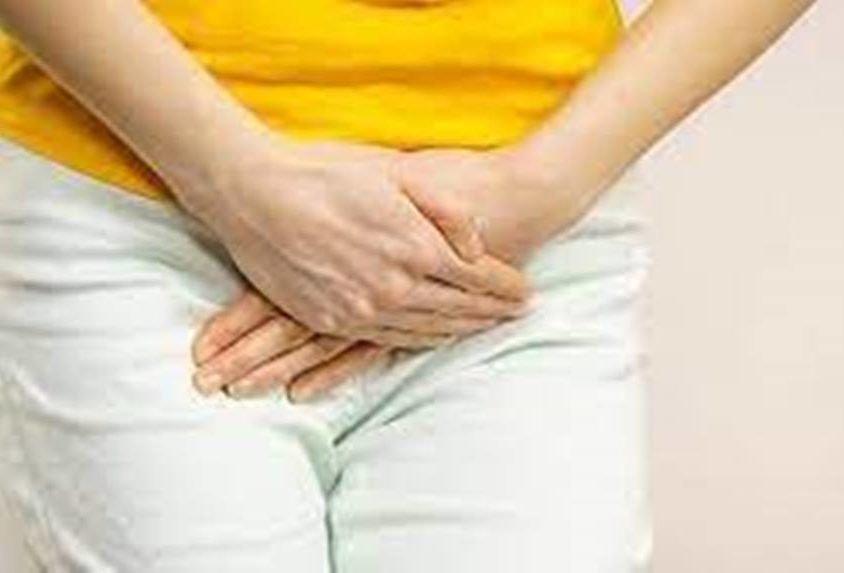
Pelvic Organ Prolapse
Women with pelvic organ prolapse may feel uncomfortable pressure during physical activity or sex. Generally, it means your pelvic floor muscles are not holding your abdominal contents in place and can produce a feeling of heaviness around your lower tummy and genitals. The different types of pelvic organ prolapse depend on the pelvic organ affected. The most common types include:
Cystocele- The bladder drops into the vagina.
Enterocele- The small intestine bulges into the vagina.
Rectocele- The rectum bulges into the vagina.
Uterine Prolapse- The uterus drops into the vagina.
Vaginal Vault Prolapse- The top of the vagina loses its support and drops.
Urethrocele- Bulging of the bladder into the vagina.
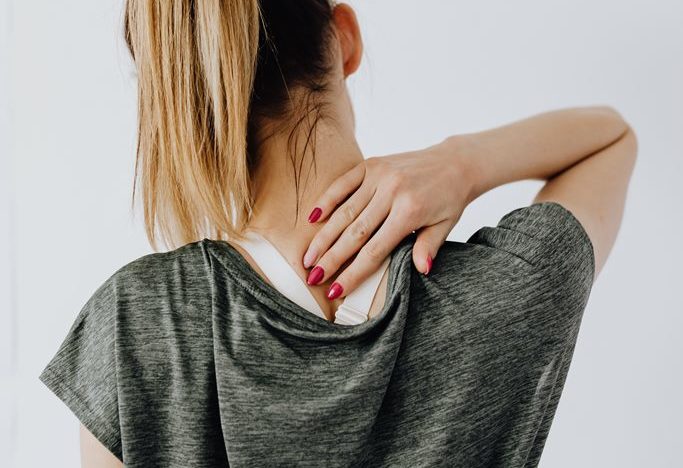
Head and Neck
Your neck is defined by seven vertebrae called the cervical spine. It’s a complex combination of working parts (muscles, ligaments, vertebrae, blood vessels, etc.) that support your head. People who have (cervicogenic) headaches experience a headache accompanied by neck pain and stiffness. In most cases, these headaches develop on one side of the head, starting from the back of the head and neck area, and radiating toward the front. Symptoms can include: loss of range of motion, neck pain/stiffness, pain around eyes, pain in the neck, shoulder, or arm, and head pain triggered by certain neck movements or positions.

Jaw Pain (TMJ)
Temporomandibular joint disorder is a cluster of conditions that affect the bones, joints, and muscles responsible for jaw movement. These conditions can cause pain and discomfort. Symptoms may include pain in the face and jaw, jaw locking, clicking, popping, or grinding sounds, difficulty chewing or opening the mouth, nerve-type pain, such as a burning sensation , and Tension headaches.
Let’s get started
Women's Health Spotlight
Urinary incontinence: the loss of urine can be from just a few drops to your entire bladder. Urine loss can be a combination of stress incontinence, urge incontinence or mixed incontinence.
SparkPT – 414-517-6831
Conveniently located at:
N88W16644 Appleton Ave
Menomonee Falls WI, 53051
